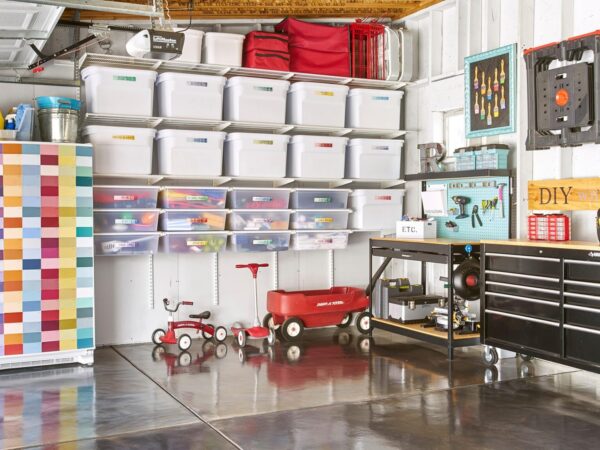A self storage facility is a profitable business and one that is not easily affected by an economic crisis. With more people finding a safe place to keep their valuable belongings, this type of business continues to thrive particularly in the west.
A 2009 report revealed that the self storage industry will experience growth by 3.3 percent moving onwards through 2014. This was despite a housing crisis. In fact, it was found that these facilities proved to be helpful for families moving to a smaller home and needing a secure and cost effective storage space for their household items.
If you’re planning to get into this kind of business, careful planning and research are very important. Remember you’re going to be spending money and time to set everything up so there has to be a plan that will detail the steps to ensure the success of your business.
Creating a business plan should be the first step. This has to be comprehensive and one that takes into account the number of existing self storage facilities in your area, the location of new homes and business complexes, the cost of operation and projected income. You may seek the help of your local Chamber of Commerce for this purpose.
You have two options when looking into this business. These are to build a structure from scratch or buy an existing building and transform it into a self storage facility with rental units. Research the cost of each option including the installation of security features.
Regardless of what you choose, the location is most important. A strategic location is one that’s near a new or existing housing area or a business complex. Homeowners are some of the frequent users of rental units and they normally choose a facility that’s accessible to where they live.
Another vital part to take into consideration is the capital. Think about if you’re going to use your personal funds or apply for a loan. You can consult a small business advisor to find out where to apply for a business loan. Make a list of banks and lending institutions then submit your business plan to each of them and negotiate for the terms most suitable to your situation.
Once you’ve secured your finances, it’s time to make a purchase offer to buy the property. And when the deal is closed, your next step is to check with local building inspectors about the building permits and insurance required in your area.
Before you start construction, it would be a good idea to ask your building contractor to make a timeframe for the project. This is essential so you can keep track of the progress. The in case deadlines are not met, you can make changes in the fees being charged to you and you can choose to find a new contractor.
Finally when your building is complete, start applying for a business license or permit in accordance to your state’s guidelines. And don’t forget to promote your facility in various methods to ensure that a lot of people are informed of your new business.

